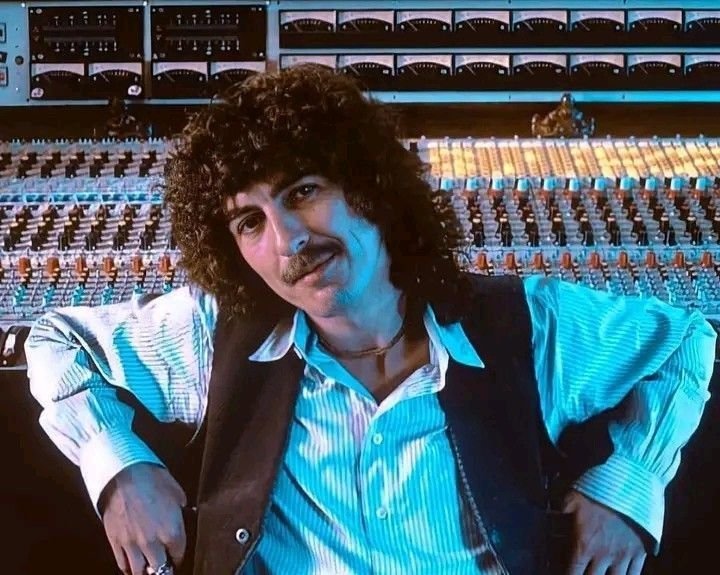“My Heart Was Still in India”: George Harrison’s Confession About Sgt. Pepper and the Moment Beatlemania Began to Feel Like a Job
In the kaleidoscopic world of Sgt. Pepper’s Lonely Hearts Club Band, where sitars danced with psychedelia and The Beatles reinvented the boundaries of pop music, there was one Beatle whose heart was somewhere far from Abbey Road. George Harrison — the Quiet Beatle, the spiritual seeker — would later reveal that during the making of the landmark 1967 album, he found himself increasingly disenchanted with the very machine that had brought him fame. In his own words: “My heart was still in India, you know… After that, everything else seemed like hard work.”
Harrison’s transformative trip to India in 1966 was more than a vacation; it was a turning point. Immersed in Hindu philosophy, the teachings of Ravi Shankar, and the deep resonance of Indian classical music, he had discovered something more profound than any screaming crowd or record-breaking chart position. The vibrant chaos, the quiet devotion, the sense of purpose he found among the temples and sitars—it had opened a door to a deeper version of himself. And when he returned to London, that door didn’t close.
So when The Beatles launched into the experimental odyssey of Sgt. Pepper, Harrison felt himself drifting from the collective high. While the album pushed sonic boundaries and defined the counterculture, Harrison struggled with its theatricality. He contributed the hypnotic and deeply Indian-inspired “Within You Without You,” a song that stood apart in sound and sentiment. But beyond that, his passion waned. “It was like doing something I didn’t really want to do,” he admitted. The Beatlemania dream had begun to sour — not out of bitterness, but from a yearning for something more meaningful.
While John, Paul, and Ringo threw themselves into the studio spectacle, George quietly began withdrawing from the circus of fame. Sgt. Pepper may have been a milestone for the world, but for Harrison, it marked the beginning of a personal detour — one that would take him further into Eastern mysticism, meditation, and ultimately toward the deeply introspective solo work that defined his post-Beatles years.
In hindsight, Harrison’s confession isn’t a rejection of Sgt. Pepper as art — it’s a reflection of his inner evolution. Even at the peak of their creative powers, Harrison was already on a different path. As the world celebrated the technicolor brilliance of The Beatles’ most famous album, George Harrison was quietly turning inward, searching not for the next big hit, but for harmony of the soul.
